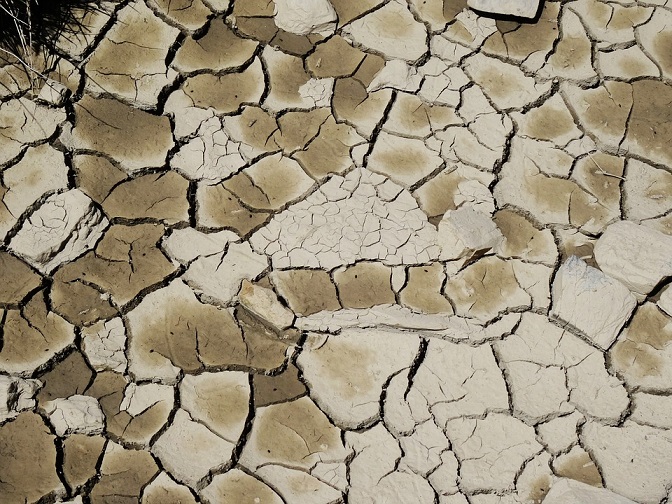The ongoing drought that continues to hammer the Western Cape is affecting its vital agricultural sector very badly, and this has led to red flags being raised in a joint parliamentary committee sitting, that a predicted loss of around 50 000 jobs in the sector could lead to possible civil unrest in the province.
The committees for water and sanitation, agriculture, and Cogta were holding the joint meeting for an update on the drought which has lingered for three years in the province and is showing no sign of ending.
Graham Paulse, head of department in the province’s department of cooperative governance and traditional affairs (Cogta) said that, “The impact on the economy is worse for the agricultural [sector] than for the domestic sector.”
“Regarding food security; you will see that there will be a risk around safety and security, and we are taking that into account,” he added.
Paulse said that approximately R40m in agricultural workers’ wages had already been lost as farmers have had to cut back dramatically on planting and harvesting due to the drought and current water shortages.
There has been a 5% reduction in wine production, leading to R525m in losses in the value chain so far, and some farmers have let their cattle eat off the old vineyards to save on livestock feed. Wine farmers are also unsure of whether there will be enough water to sustain new vines, so all orders for new vines have been put on hold.
In Ceres, in the heart of the agricultural district up the West Coast, a tomato puree factory has closed and workers been laid off, farmers planted 50% less onions, and the deciduous fruit crop is expected to drop by 20%.
Fruit farmers are pulling flowers off fruit trees so that they will not flower and old vineyards are being ripped out in an effort to save water. There are also fears that two canning factories in Saldanha Bay may possibly have to close due to water shortages, and this would lead to 4 000 to 6 000 job losses.
Adding to all of the above problems, the recent avian flu resulted in the culling of around 2.7 million chickens; car washes and nurseries are closing down and the construction industry, which uses vast amounts of water, is also facing a crisis.
Get bottled water dispensers and mains fed water dispensers from Living-Water in London.






